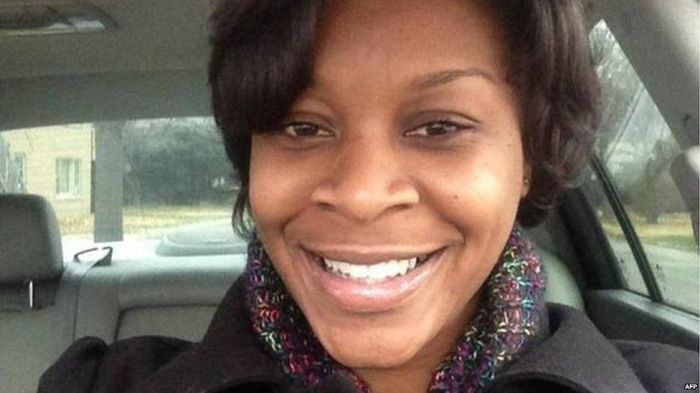What did the old woman do in fahrenheit 451 – In Ray Bradbury’s dystopian masterpiece Fahrenheit 451, the enigmatic Old Woman emerges as a pivotal figure, challenging societal norms and inspiring Montag’s journey of self-discovery. Her beliefs, interactions, and tragic fate profoundly shape the novel’s narrative, leaving an enduring legacy that resonates with readers.
As the custodian of knowledge and wisdom in a society that suppresses free thought, the Old Woman represents the indomitable spirit of resistance. Her unwavering belief in the transformative power of books and her defiance of authority make her a beacon of hope in a world shrouded in darkness.
The Role of the Old Woman

The Old Woman in Ray Bradbury’s Fahrenheit 451 is a significant character who embodies knowledge, wisdom, and the preservation of the past. Her interactions with Montag, the protagonist, play a pivotal role in his journey of self-discovery and rebellion against the oppressive society.
The Old Woman’s Interactions with Montag
The Old Woman’s encounters with Montag provide him with insights into the value of books and the importance of questioning authority. She shares her knowledge of poetry, literature, and history, exposing him to ideas that challenge the society’s suppression of thought and imagination.
The Old Woman as a Symbol of Knowledge and Wisdom
The Old Woman represents the repository of knowledge and wisdom that is being lost in the novel’s dystopian society. Her memory of the past and her appreciation for books serve as a reminder of the richness and complexity of human experience.
The Old Woman’s Beliefs and Values: What Did The Old Woman Do In Fahrenheit 451

The Old Woman’s beliefs are rooted in the importance of books and knowledge. She believes that books preserve the past, challenge authority, and inspire imagination. She rejects the society’s obsession with instant gratification and superficiality.
The Old Woman’s Perspective on the Importance of Preserving the Past
The Old Woman recognizes that history and literature provide a valuable record of human experience. She believes that by preserving the past, society can learn from its mistakes and avoid repeating them.
The Old Woman’s Values in Conflict with Society
The Old Woman’s values are in direct conflict with those of the dystopian society depicted in the novel. The society promotes conformity, censorship, and the suppression of independent thought, while the Old Woman values individuality, curiosity, and the pursuit of knowledge.
The Old Woman’s Impact on Montag

The Old Woman’s influence on Montag is profound. Her conversations with him awaken his curiosity and inspire him to question the society’s values. She provides him with a sense of purpose and encourages him to become a catalyst for change.
The Old Woman’s Influence on Montag’s Journey of Self-Discovery
The Old Woman helps Montag to recognize the emptiness of his life and the importance of seeking meaning and fulfillment. She exposes him to the power of words and ideas, awakening his desire for knowledge and understanding.
The Old Woman’s Teachings Inspiring Montag to Question Society, What did the old woman do in fahrenheit 451
The Old Woman’s teachings challenge Montag’s unquestioning acceptance of the society’s norms. She encourages him to think critically, to question authority, and to stand up for what he believes in.
Question & Answer Hub
What is the significance of the Old Woman’s death?
Her death serves as a catalyst for Montag’s transformation, driving him to confront the oppressive society and embrace the power of books.
How does the Old Woman’s perspective on knowledge conflict with society’s views?
She believes in the preservation of knowledge and the importance of critical thinking, while society promotes ignorance and conformity.
In what ways does the Old Woman influence Montag’s understanding of the world?
She challenges his beliefs, exposes him to the dangers of censorship, and inspires him to question authority.
